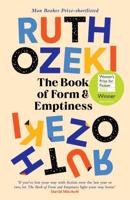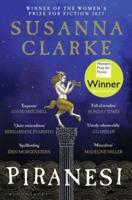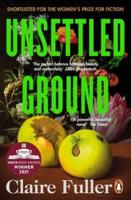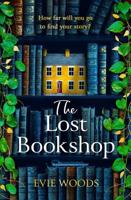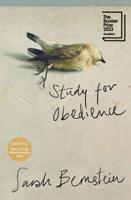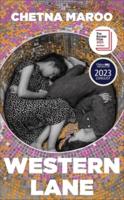Publisher's Synopsis
Finally available, a high quality book of the original classic edition of The Chase of the Ruby. It was previously published by other bona fide publishers, and is now, after many years, back in print. This is a new and freshly published edition of this culturally important work by Richard Marsh, which is now, at last, again available to you. Get the PDF and EPUB NOW as well. Included in your purchase you have The Chase of the Ruby in EPUB AND PDF format to read on any tablet, eReader, desktop, laptop or smartphone simultaneous - Get it NOW. Enjoy this classic work today. These selected paragraphs distill the contents and give you a quick look inside The Chase of the Ruby:Look inside the book: You are aware that your uncle was a man who did what he liked, in his own way; and I say this, therefore, in order to give you to understand that whatever form the will may take, I am not to be held responsible.'...''Since the chances that Guy will obtain the ring from Miss Bewicke are not very large, that young woman preferring to keep tight hold of anything she has once laid her hands on, in making this will I am doing Horace even more than justice.'...The porter was talking about the fellow who has been such a nuisance, saying that he has been making himself particularly objectionable to-day, trying to force his way upstairs, and I don't know what; and he added that he was hanging about at that very moment, and if he turned his back he shouldn't be surprised if the blackguard made another try to get at you. About Richard Marsh, the Author: A story about a mysterious oriental figure who pursues a British politician to London, where he wreaks havoc with his powers of hypnosis and shape-shifting, Marsh's novel is of a piece with other sensational turn of the 19th to 20th century fictions such as Stoker's Dracula, George du Maurier's Trilby, and Sax Rohmer's Fu Manchu novels. Like Dracula and many of the sensation novels pioneered by Wilkie Collins and others in the 1860s, The Beetle is narrated from the perspectives of multiple characters, a technique used in many late 19th-century novels (those of Wilkie Collins and Stoker, for example) to create suspense and to confuse gender boundaries.

